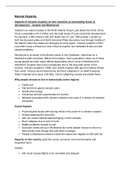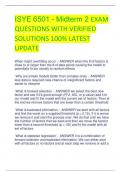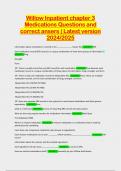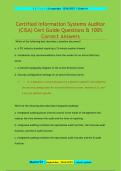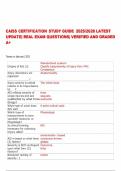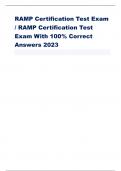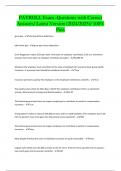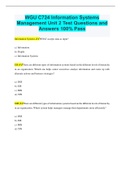Impacts of volcanic eruption on two countries at contrasting levels of
development – Iceland and Montserrat
Iceland is an island located in the North Atlantic Ocean, just below the Arctic Circle.
It has a population of 0.3 million and has high levels of socio-economic development,
for example, a 99% literacy rate and death rate of 7 per 1000 people. Located on
both the Eurasian plate and North American Plate (boundary runs through middle of
the island) where the plates are diverging (moving apart). Volcano erupted in 2010.
Lava didn’t pose a threat as it was a fissure eruption but meltwater floods and ash
caused problems.
Montserrat is an island of the British colony in the Caribbean. Island lies on a
destructive plate boundary. Before the eruption, had a population made up of many
young people and also many elderly dependants who’d come to Montserrat for
retirement. Eruption was much unexpected due to the stop start action of the
volcano. Volcano erupted in 1996; very violent eruption with gas and stones thrown
from vents. Viscous lava formed dome and then collapsed in on itself to expose
hotter materials and cause rock falls. Dome collapsing caused pryoclastic flows.
Why people choose to live in tectonically active regions
Fertile soil
Flat land from glacial volcanic plain
Geothermal energy
Volcanoes provide opportunities for tourism
Minerals associated with volcanic eruptions are used in a variety of industrial
processes.
Social impacts
Psychological issues with leaving home in the event of a volcanic eruption.
Homes destroyed by lava flow.
Ash can cause internal haemorrhaging in farm animals.
Roof collapses due to ash of roofs.
Health problems caused by ash.
Exclusion zones set up in Montserrat but some people choose to return to
their homes even though this puts them in danger.
People in Montserrat chose to leave the island and migrate to USA and UK.
Impacts on the country (split into social, economic and environmental and
long/short term)
Iceland
Ash cloud causes flights to be cancelled and delayed.
, Evacuation – some people lose businesses and farms in particular.
Decreased tourism for residents due to cancelled flights.
Crop yield increases due to fertile soil.
Meltwaters destroy low-lying land.
Costs of repairing roads and buildings.
Montserrat
Lahars (combination of tephra and rain to create a mud river) have affected
vegetation.
Chicken frogs can’t live in the acidic water created by the lahars.
The Capital of the island, Plymouth, in the south is now completely covered in
ash due to prevailing winds and Bramble airport is in the area of ash fall.
By 2012, Montserrat’s population had fallen by 75%. After the eruption, many
of the young and elderly dependents migrated to the USA and UK, leaving
behind the middle-aged people.
Animals were released when volcano erupted so many of them roam free in
the exclusion zones.
Coral reefs covered in ash.
, Impacts of an earthquake on two countries at contrasting levels of
development – Japan and Haiti
Japan experiences lots of earthquakes just in a day due to it lying on a subduction
zone. Earthquakes bring with them the risk of tsunamis from movements of plate
boundaries lying just off-shore of the Japanese mainland. Pacific coastal zone is
particularly vulnerable due to its dense population and containing 3 large
conurbations.
In 2011 a magnitude 9 earthquake occurred in Japan along the boundary between
the Pacific and North American plate. The epicentre was 70km offshore with a focus
of approximately 30km. Seabed rose and coastline dropped which made the seawall
on the coast of Japan ineffective against the huge tsunami that had been triggered.
Haiti is located on the island of Hispaniola in the Caribbean, with the Dominican
Republic to the east of the island. It experienced a magnitude 7 earthquake 15km
south west of the capital Port au Prince.
Why people live in tectonically active areas
Those with limited economic resources can find that they have little choice but
to occupy somewhere prone to earthquakes or volcanic eruptions.
Geothermal energy on plate boundaries.
Social impacts
Japan
The tsunami claimed nearly 16,000 live and injured 600 others. There were
problems of how to dispose of the bodies due to the destruction of
crematoriums and morgues.
Families were separated.
Some communities forced to relocate from their original settlement.
People had to leave homes due to levels of radiation around the nuclear
power plant.
Haiti
An estimated 3 million people were affected.
7,750 deaths from cholera caused as a consequence of the earthquake.
222,750 killed and 1.5 million displaced.
Impacts on the country
Japan
The cost of the earthquake, including reconstruction has been estimated at
nearly $181 billion.

